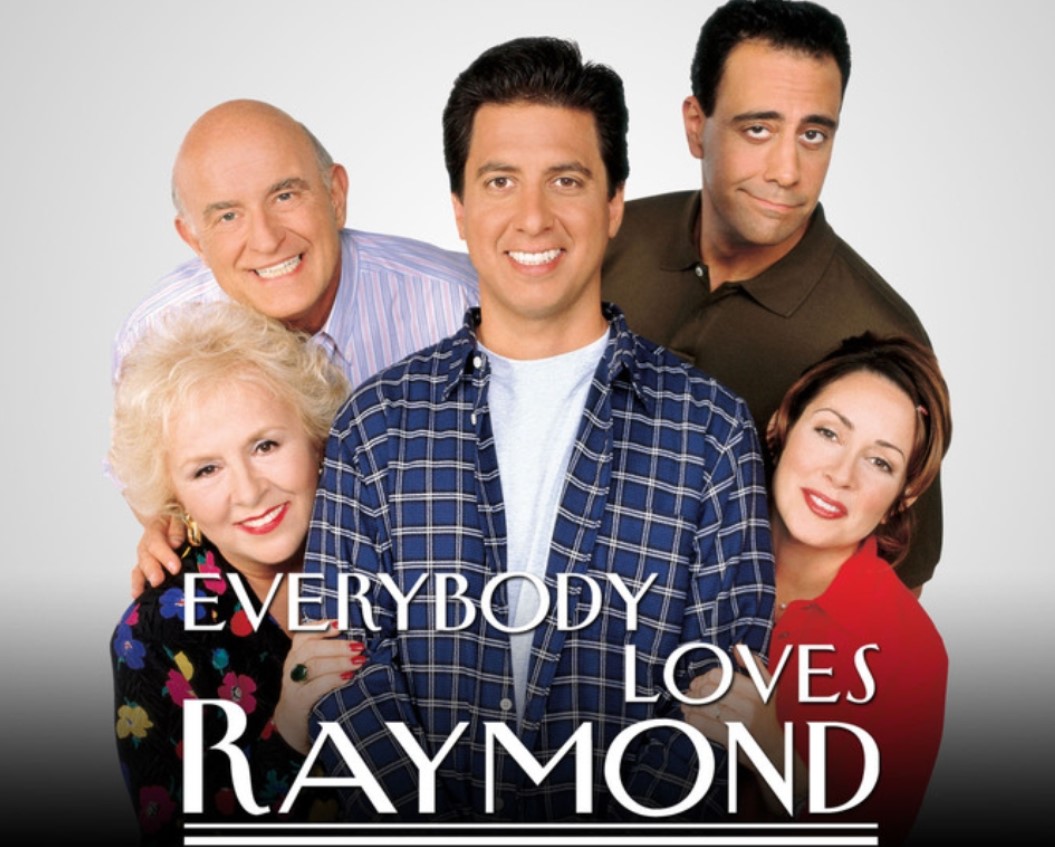Few sitcoms have managed to bottle the everyday frustrations, joys, and absurdities of American family life quite like Everybody Loves Raymond. Airing from 1996 to 2005, the beloved CBS comedy became more than just a staple of primetime television—it was a mirror held up to millions of living rooms across the country.
Centered on Ray Barone, a sportswriter living with his wife Debra and their kids in Long Island, the show took a simple premise and turned it into something enduring. Much of the chaos stemmed from Ray’s well-meaning but meddlesome parents, Marie and Frank, who lived across the street, along with his perpetually overlooked brother Robert.
But what made the show tick wasn’t the punchlines—it was the truth behind them. Here’s a look at five moments and themes that nailed what it feels like to live, laugh, and argue in American suburbia.
Family: Loving, Loud, and Sometimes Too Close
No matter how high the drama or how awkward the Thanksgiving, Everybody Loves Raymond always circled back to one thing—family. Not the Hallmark version. The real one.
Ray’s relationship with his parents mirrored what many adult children go through: boundless love wrapped in constant frustration. Marie’s obsessive attention to detail, overprotectiveness, and occasional manipulation? That hit home for a lot of viewers. Frank’s blunt, often hilariously inappropriate remarks? Also familiar.
Debra’s weary tolerance of Ray’s family interference wasn’t just played for laughs—it was rooted in the challenges of balancing love, marriage, and boundaries.
Even when they bickered, and they often did, it was obvious the Barones cared for each other.
Sometimes, love sounds like yelling through a screen door.

Humor That Hit Too Close to Home
You didn’t need to be from New York or married with kids to laugh at Everybody Loves Raymond—you just needed a family.
The show never relied on over-the-top antics or surreal gags. Instead, it found humor in the things that make people sigh, snap, and smirk every day. Think: forgotten anniversaries, passive-aggressive in-laws, mismatched parenting styles.
The jokes worked because they were rooted in truth. Like when Ray and Debra fought over housework and communication. Or when Robert sulked in the shadow of his younger brother’s success.
It wasn’t glamorous. But that’s what made it great.
Suburban Life, One Argument at a Time
The Barones lived in Lynbrook, Long Island—a classic American suburb. Tree-lined streets. Sidewalks. People who knew your business a little too well.
This setting wasn’t just a backdrop. It was a character.
The close proximity between Ray and his parents sparked countless awkward drop-ins, unannounced dinners, and eye-roll-inducing interruptions. But it also reflected how in many American towns, generations often live just blocks apart—or in the Barones’ case, a driveway away.
It showed the perks and pitfalls of that closeness. Privacy? Rare. But help with the kids? Always a knock away.
Not everyone has a Marie next door. But enough do that the show resonated widely.
The Battle to Have It All
Ray’s work-life balance—or lack thereof—was a constant theme. As a sportswriter, he had deadlines and road games. As a dad and husband, he had diapers, school recitals, and marital drama.
And he was terrible at juggling it all.
This struggle made him maddening but also very human. Millions of Americans related to the pressure of performing at work while trying not to screw up at home.
Debra, too, was a portrait of exhausted modern motherhood. She managed the home, raised the kids, dealt with in-laws, and still found time to fight for her own identity.
It was messy. And familiar.
Finding Joy in the Small Stuff
Everybody Loves Raymond didn’t rely on plot twists or huge events to drive episodes. It celebrated the mundane.
Family dinners. Sunday brunches. A surprise party gone wrong. It was these small, shared moments that the show elevated—and that Americans saw reflected in their own homes.
It reminded viewers that connection wasn’t about extravagance. It was about eye contact across the table. Or laughing over burnt toast.
Even its series finale wasn’t about a grand sendoff. It centered around a minor medical scare, family panic, and—ultimately—a dinner together, just like any other night.
That’s what made it memorable. The show didn’t need fireworks. It had family.



















